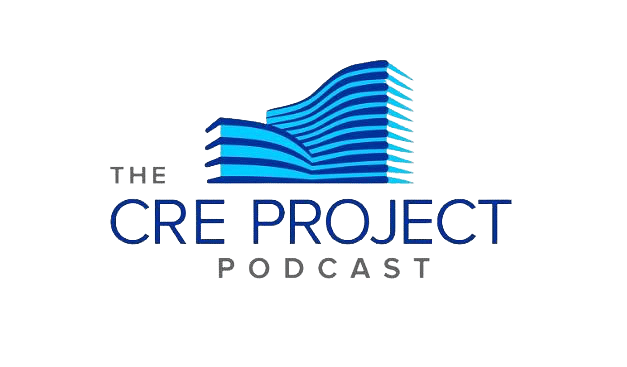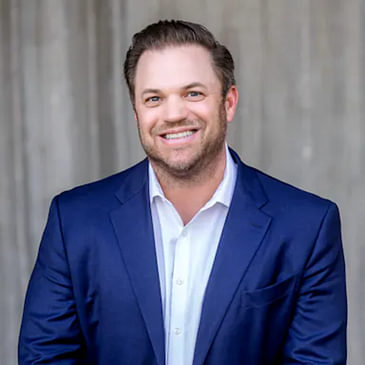Is there a kinder, more effective way to succeed in the cutthroat world of commercial real estate?
Join the conversation with Jonathan Keyser as he shares his journey from a missionary upbringing to becoming a top producer in Arizona, who turned away from ruthless tactics to embrace a philosophy of service and genuine care for clients?
Jonathan shares his unconventional path into the commercial real estate industry, driven by a transformative shift from aggressive deal-making to selfless service. He discusses the unique model of his firm, focusing solely on representing tenants and users, and how this approach fosters trust and long-term relationships. Insights into the current market trends across various sectors, from office to healthcare to retail, offer listeners a comprehensive view of the industry's landscape.
Jonathan's story underscores the power of kindness and integrity in achieving success, challenging traditional notions of cutthroat business practices. Don't miss this episode for invaluable insights into thriving in commercial real estate with compassion and authenticity.


